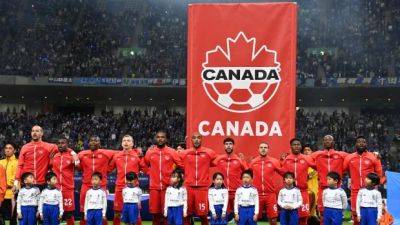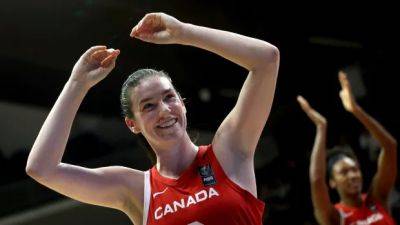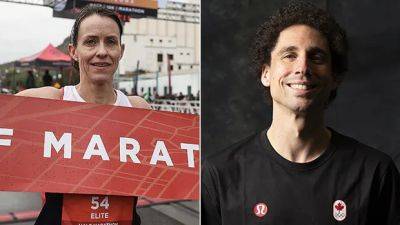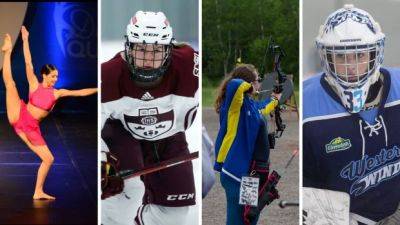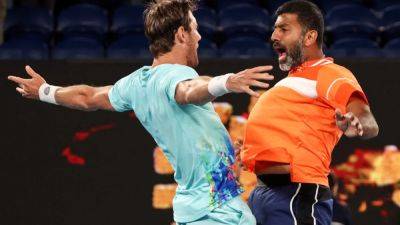Sportsmanship in youth sports is shifting as parents become more invested, say psychologists
In the wake of a high-profile decision by Hockey Newfoundland and Labrador to ban post-game handshakes, sports experts say they're seeing a shift in youth sports culture across Canada.
David Hancock, a Memorial University professor and sports pyschologist, says the problem starts at the top in youth sports, including hockey.
"We have a respect problem in hockey from the coaches down the line," Hancock told CBC News in an interview before Hockey N.L. reversed its decision.
"Leadership is learned behaviour and so is respect, so if kids see their parents being aggressive during the game, then they will act the same."
Parents investing high amounts of money and time in minor sports is a part of the problem, according to Shannon Edison, who's both a psychologist and hockey mom.
"Parents want a positive return on their investment, so they insert themselves," Edison said in an interview before Hockey N.L.'s reversal. "They want to see immediate progress from their child and demand that the coaches and refs make that happen."
Coaches in turn put high demands on their players, which can lead to aggressive interactions from the bench and create a culture of intense pressure at the rink.
"A shift in parenting has contributed to the shift in sports culture," said Edison.
If a parent often publicly disagrees with the referee and coach on their decisions, she says, the child won't learn how to advocate for themselves or see the need for self-improvement.
"Failure is a part of sports, and if they are not allowed to fail they will not see the need to improve."
She added the "pendumlum has swung pretty far" in how some parents prepare children to face adversity.
"We've gotten to a place where there's been quite a lot of striving



